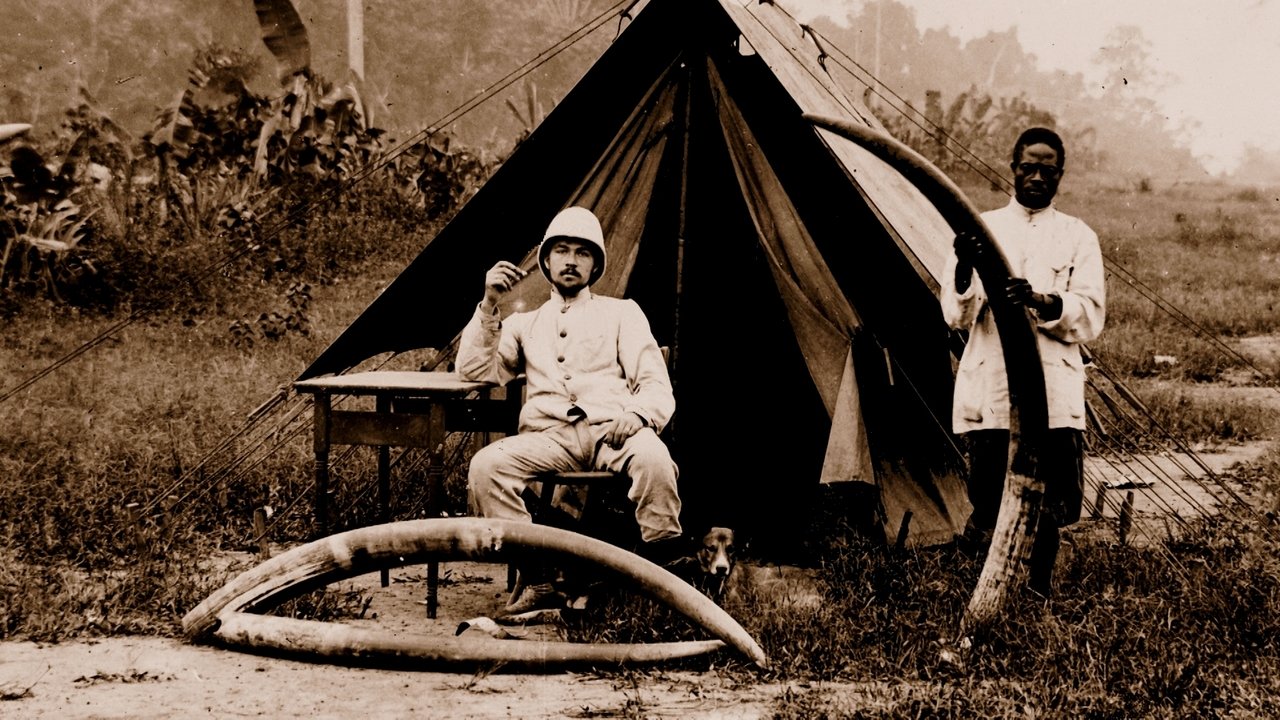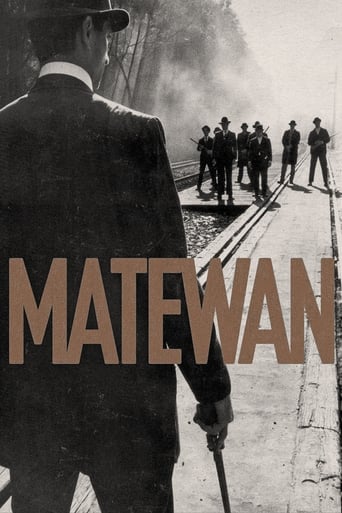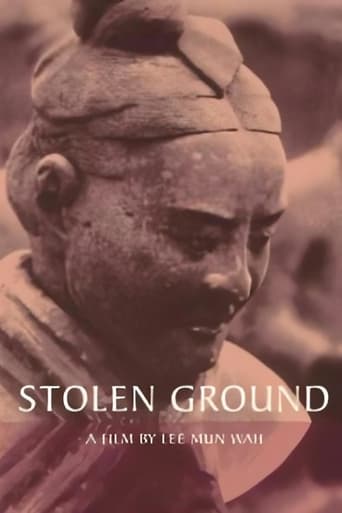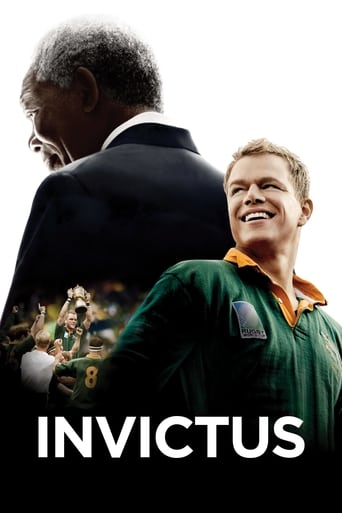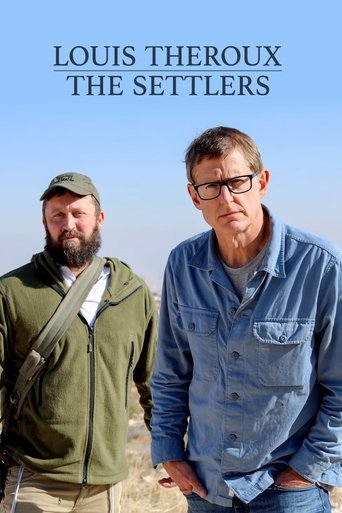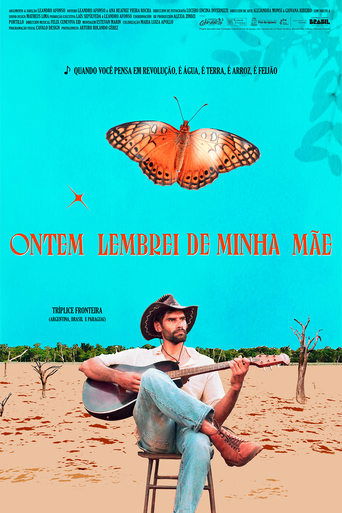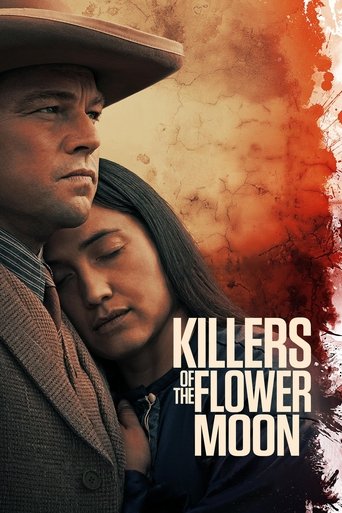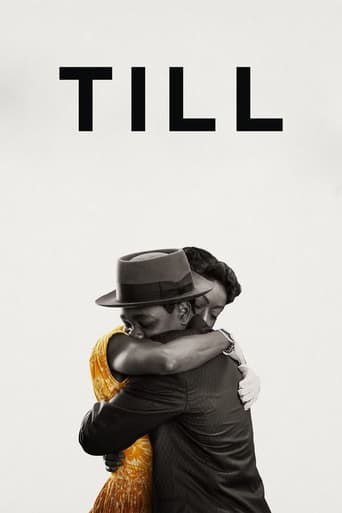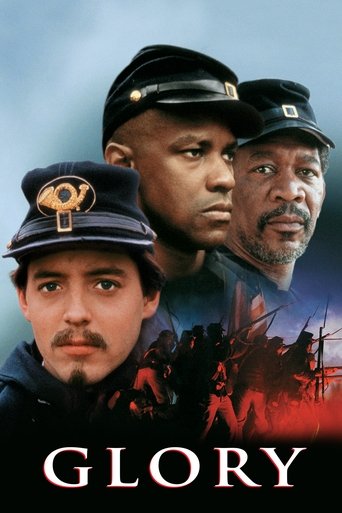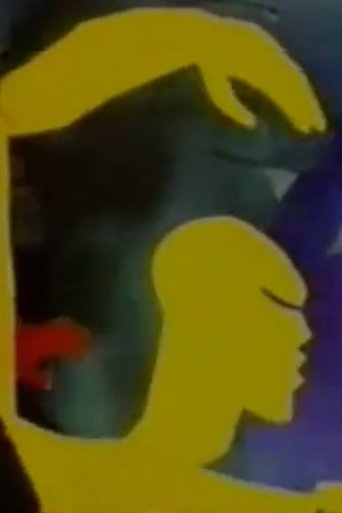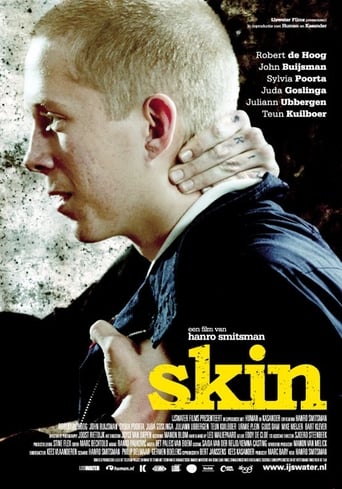
13 Mar 2008

Skin
In the late Seventies, a Dutch teenager named Frankie, who is the son of a holocaust survivor, lives in a working class area in Holland. Frankie’s mother is taken to hospital in a terminal condition, causing a bigger rift between him and his father. This leads to Frankie becoming the interest of the local Nazi skinhead group.
